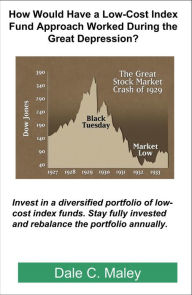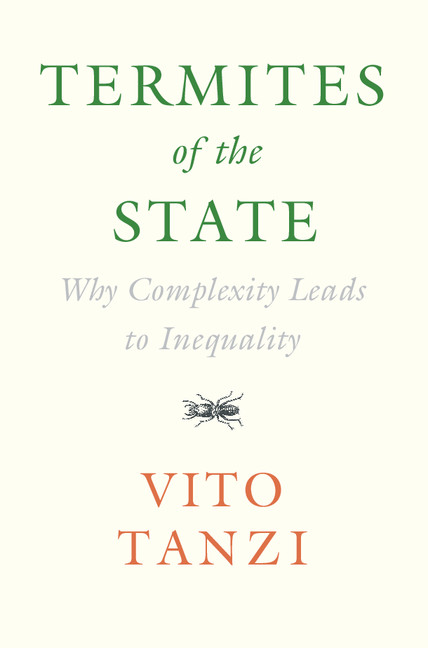
- Browse Category
Subjects
 We Begin at the EndLearn More
We Begin at the EndLearn More - Choice Picks
- Top 100 Free Books
- Blog
- Recently Added
- Submit your eBook
password reset instructions

Do you feel you don''t have enough time to manage your people?
Do you avoid interacting with some employees because you hate the dreaded confrontations that often follow?
Do you have some great employees you really cannot afford to lose?
Do you secretly wish you could be more in control but don''t know where to start?
Managing people is harder and more high-pressure today than ever before. There''s no room for downtime, waste, or inefficiency. You have to do more with less. And employees have become high maintenance. Not only are they more likely to disagree openly and push back, but they also won''t work hard for vague promises of long-term rewards. They look to you—their immediate boss—to help them get what they need and want at work.
How do you tackle this huge management challenge? If you are like most managers, you take a hands-off approach. You "empower" employees by leaving them alone, unless they really need you. After all, you don''t want to "micromanage" them and don''t have the time to hold every employee''s hand. Of course, problems always come up and often snowball into bigger problems. In fact, you probably spend too much of your time solving problems and falling behind on your work . . . which leaves even less time for managing people . . . which opens the door for even more problems!
In It''s Okay to Be the Boss, Bruce Tulgan puts his finger on the biggest problem in corporate America—an undermanagement epidemic affecting managers at all levels of the organization and in all industries—and offers another way. His clear, step-by-step guide to becoming the strong manager employees need challenges bosses everywhere to spell out expectations, tell employees exactly what to do and how to do it, monitor and measure performance constantly, and correct failure quickly and reward success even more quickly. Now that''s how you set employees up for success and help them earn what they need. Tulgan opens our eyes to the undisciplined workplace that is overwhelming managers and frustrating workers and invites bosses everywhere to accept the sacred responsibility of managing people. His message: It''s okay to be the boss. Be a great one!
Less- File size
- Print pages
- Publisher
- Publication date
- ISBN
- 8.5x5.8x0.77inches
- 196
- Pfeiffer
- March 1, 2007
- 9780061121364





























